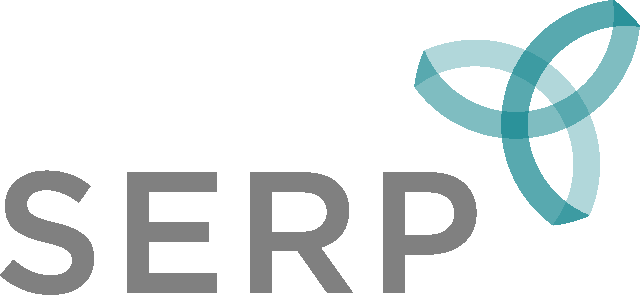Structures, Supports and Resources
Action 6
Develop a cadre of accomplished professional learning leaders.
The impact of professional development and teacher collaboration on teachers’ classroom practice depends on the quality of facilitation, and the impact of one-on-one coaching depends crucially on the coaches’ capabilities. It is therefore essential that districts and schools develop a cadre of effective professional learning leaders, a term we use to refer to both the facilitators of district- or school-wide professional development sessions and school-based teacher collaborative meetings, and to coaches who work one-on-one with teachers in their classrooms.
The Problem
A growing body of evidence indicates that schools’ and districts’ considerable investments in teachers’ learning are unlikely to pay off unless they are facilitated by accomplished professional learning leaders. Many districts have not invested in hiring or developing a cadre of accomplished professional learning leaders; instead, they appoint accomplished teachers as professional learning facilitators—even though supporting teachers' learning requires capabilities beyond instructional expertise. In the absence of the necessary expertise, investments in teachers’ learning are unlikely to pay off.
What Can Be Done?
It is essential that district and school leaders identify or hire professional learning leaders in each of the core content areas who have expertise in teaching that is aligned with the district’s vision of high-quality instruction, expertise in facilitating the learning of groups of teachers, and expertise in working with teachers one-on-one. Supporting the learning of groups of teachers and of individual teachers in their classrooms are both demanding, but the capabilities required for each differ in some respects. Thus, a coach who works effectively with individual teachers might initially struggle when leading groups of teachers during collaborative meetings. Looking beyond these differences, group facilitation and one-on-one coaching both require the following capabilities beyond being an accomplished teacher:
- Establishing relationships of trust either with groups of teachers so that they are comfortable sharing their current problems of practice and questioning each other’s contributions, or with individual teachers so that they open their classrooms for observation and scrutiny.
- Assessing teachers’ current instructional practices and, on this basis, identifying feasible next steps in their development of ambitious instructional practices.
- Negotiating instructional improvement goals with groups of teachers or with individual teachers so that they view the agreed-upon goals as worthwhile. This can be a delicate process as it requires that facilitators and coaches listen to and take teachers’ concerns seriously, while also pressing for goals that are likely to advance students’ learning.
- Selecting, adapting, and sequencing activities in which to engage either groups of teachers or individual teachers that have the potential to support them in achieving the agreed-upon goals.
- Enacting those activities effectively with teachers by eliciting their ideas and, importantly, by pressing them to explain and justify their thinking. In doing so, accomplished facilitators and coaches support teachers in explaining not just what they propose to do, but why they propose to do it, thereby making their rationales a focus of discussion.
As the list suggests, supporting teachers’ learning is demanding work. If there is insufficient internal expertise in leading professional learning, districts might decide to hire external consultants. Although this approach resolves an immediate difficulty, it can be an ineffective long-term strategy because it does not build the district’s internal capacity. In contrast, hiring external consultants to support the development of district professional learning leaders is sustainable in both the short- and long-term. An important benefit of developing a cadre of professional learning leaders is that they can ensure that various types of support for teachers’ learning are coordinated and organized around the district instructional vision. For example, facilitators of district- or school-wide PD sessions might also facilitate teacher collaborative meetings that focus on the same aspects of high-quality instruction, and coaches might support teachers in enacting those same aspects of instruction in their classrooms.
While accomplished teachers will require ongoing support if they are to become effective professional learning leaders, the literature on facilitators’ and coaches’ development is thin. However, the principles of high-quality supports for teachers’ learning discussed earlier (#5) can be extrapolated to supports for professional learning leaders’ development. These principles suggest that supports for professional learning leaders should be sustained over time and should focus on problems of practice that they encounter in their work with teachers. Supports should also include opportunities to investigate and enact key facilitation and coaching practices with district content specialists or with more accomplished facilitators and coaches. Thus, they might analyze video of their own facilitation or coaching with others’ support, observe a more accomplished colleague modeling particular facilitation or coaching practices, and co-facilitate or coach with a more accomplished colleague.
<24>
